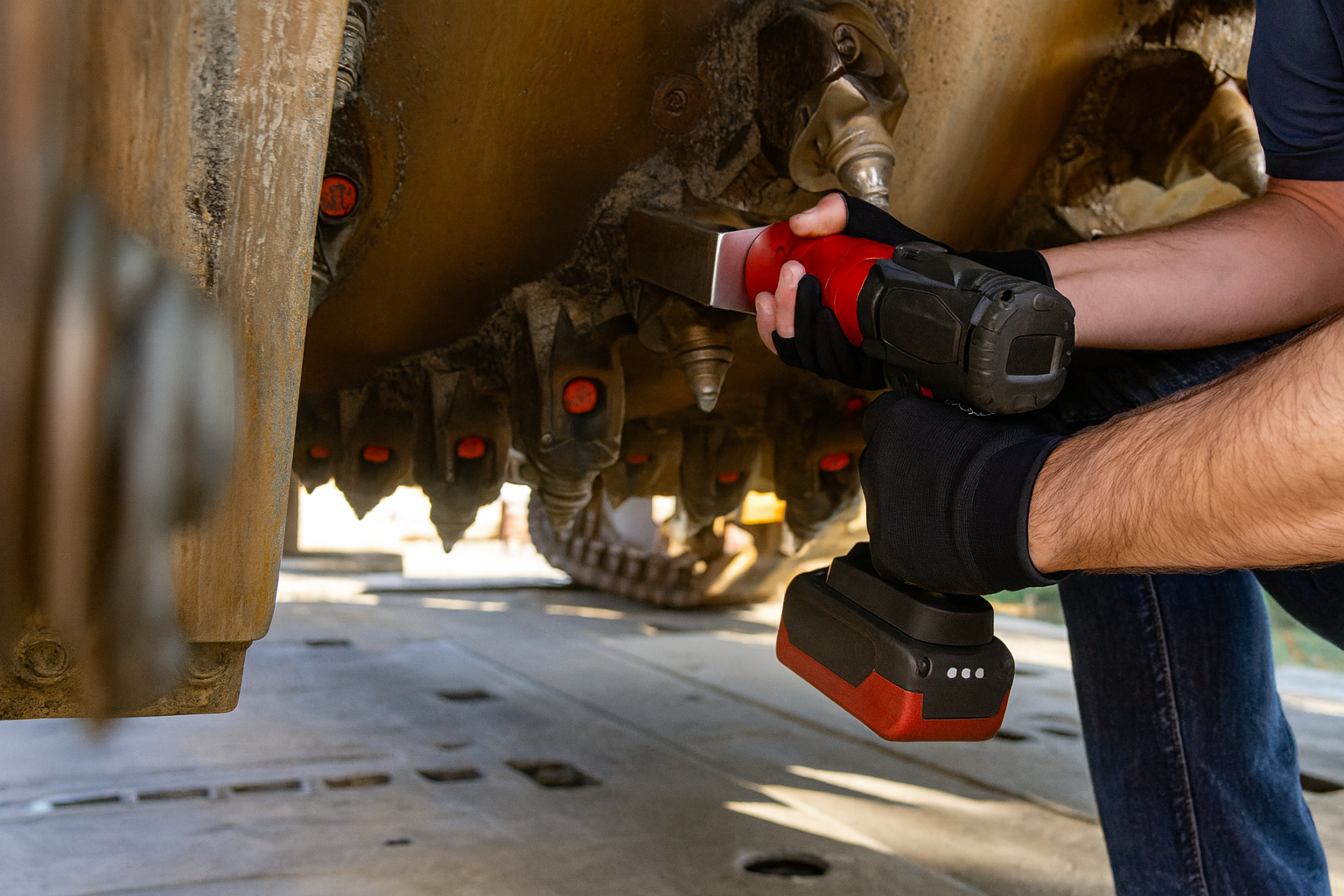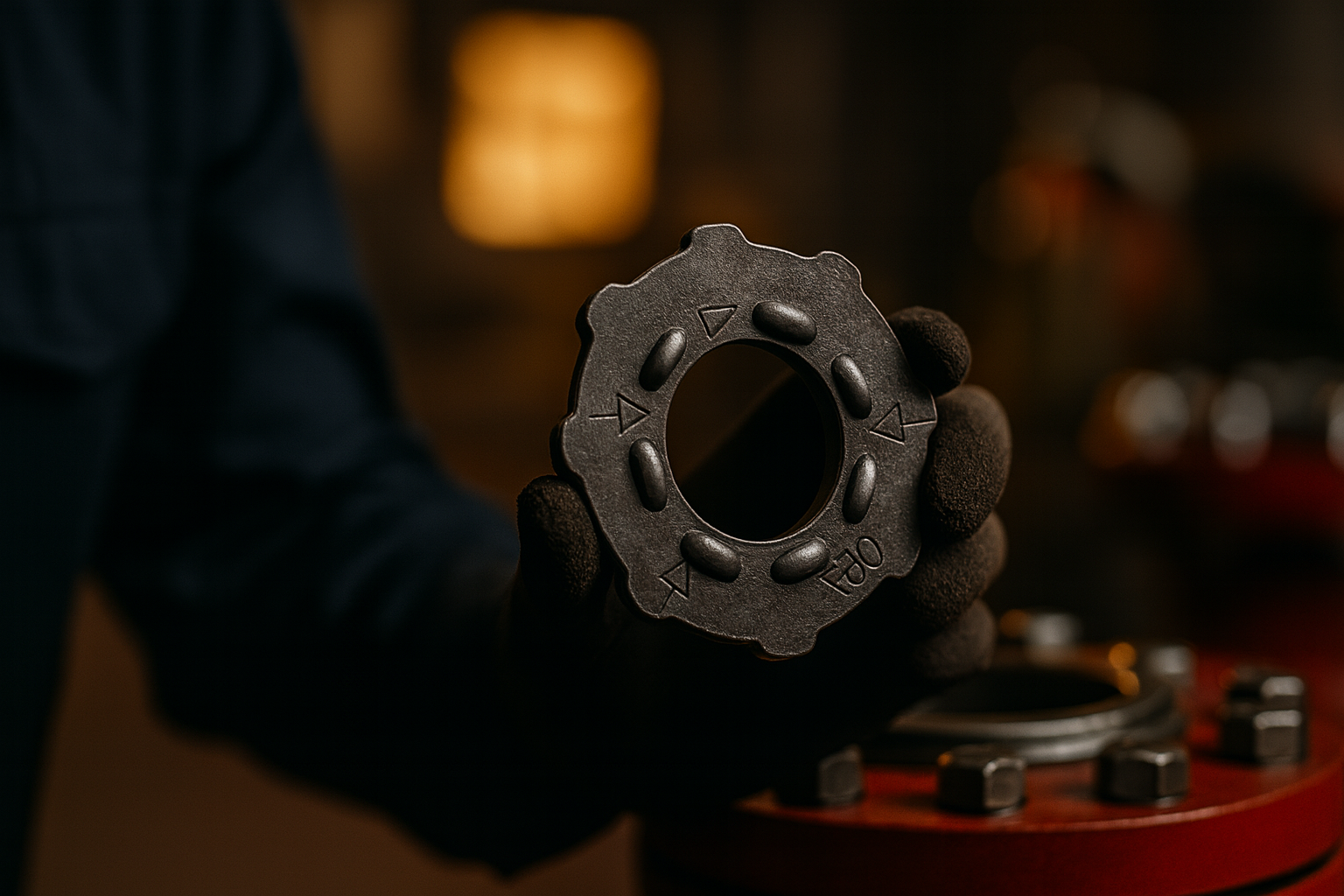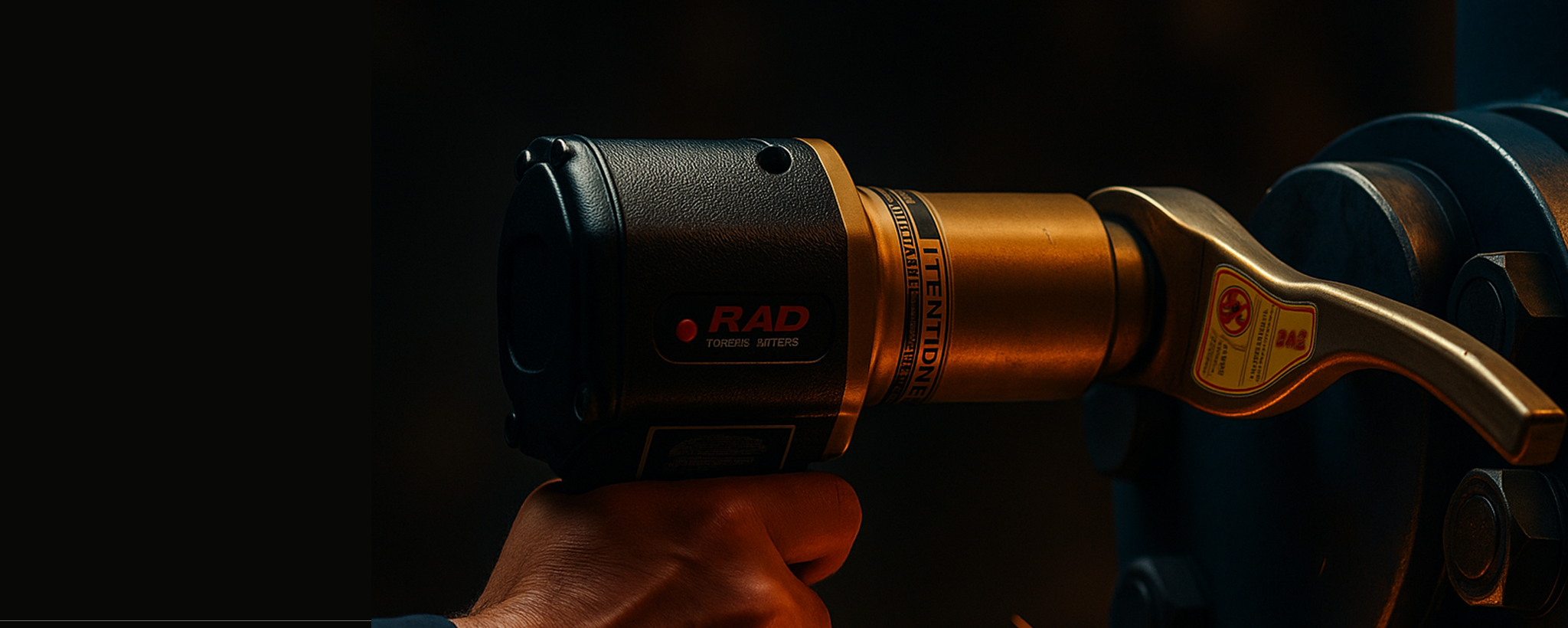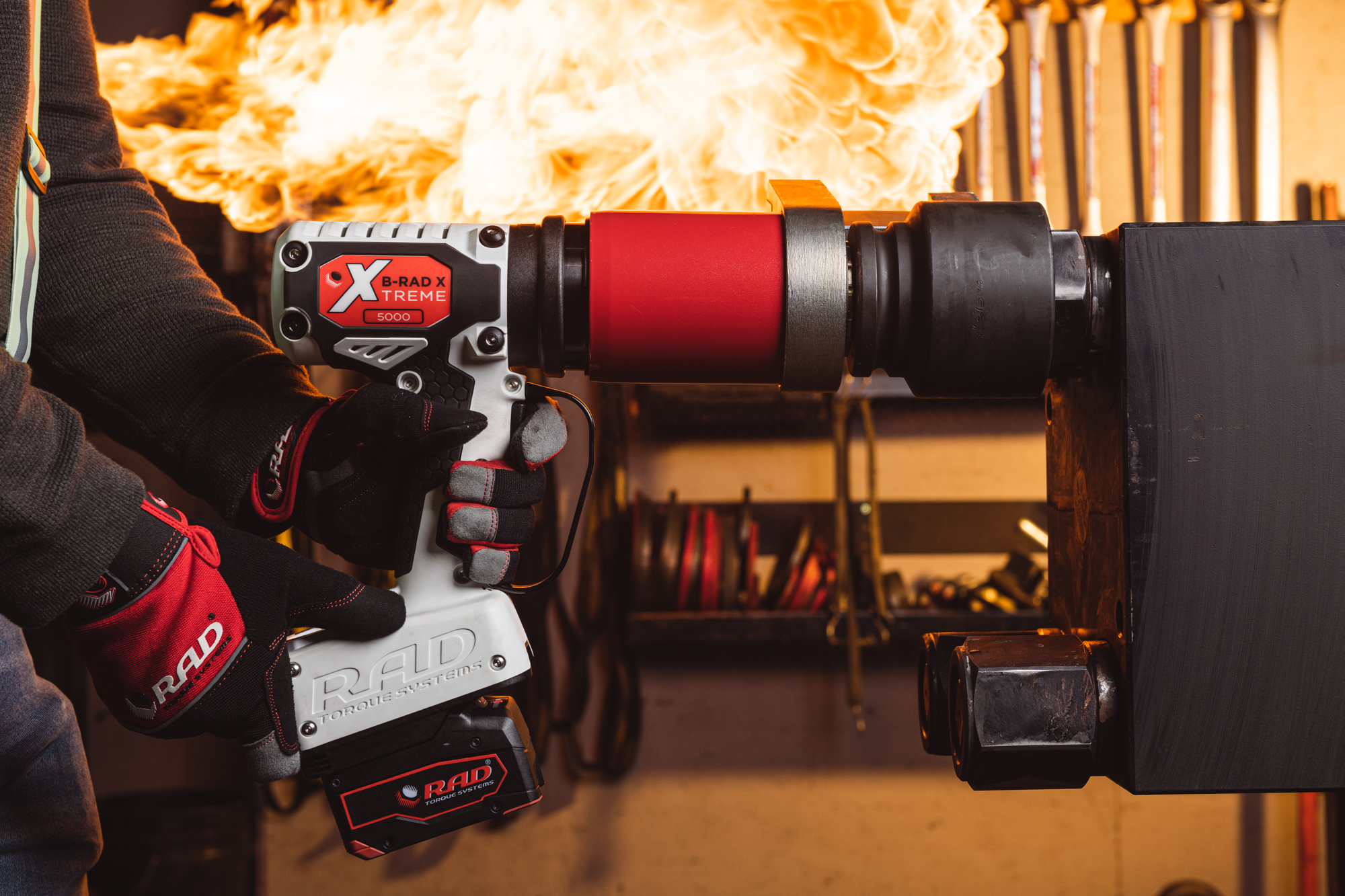How Much Torque for TCB Tension Control Bolts?
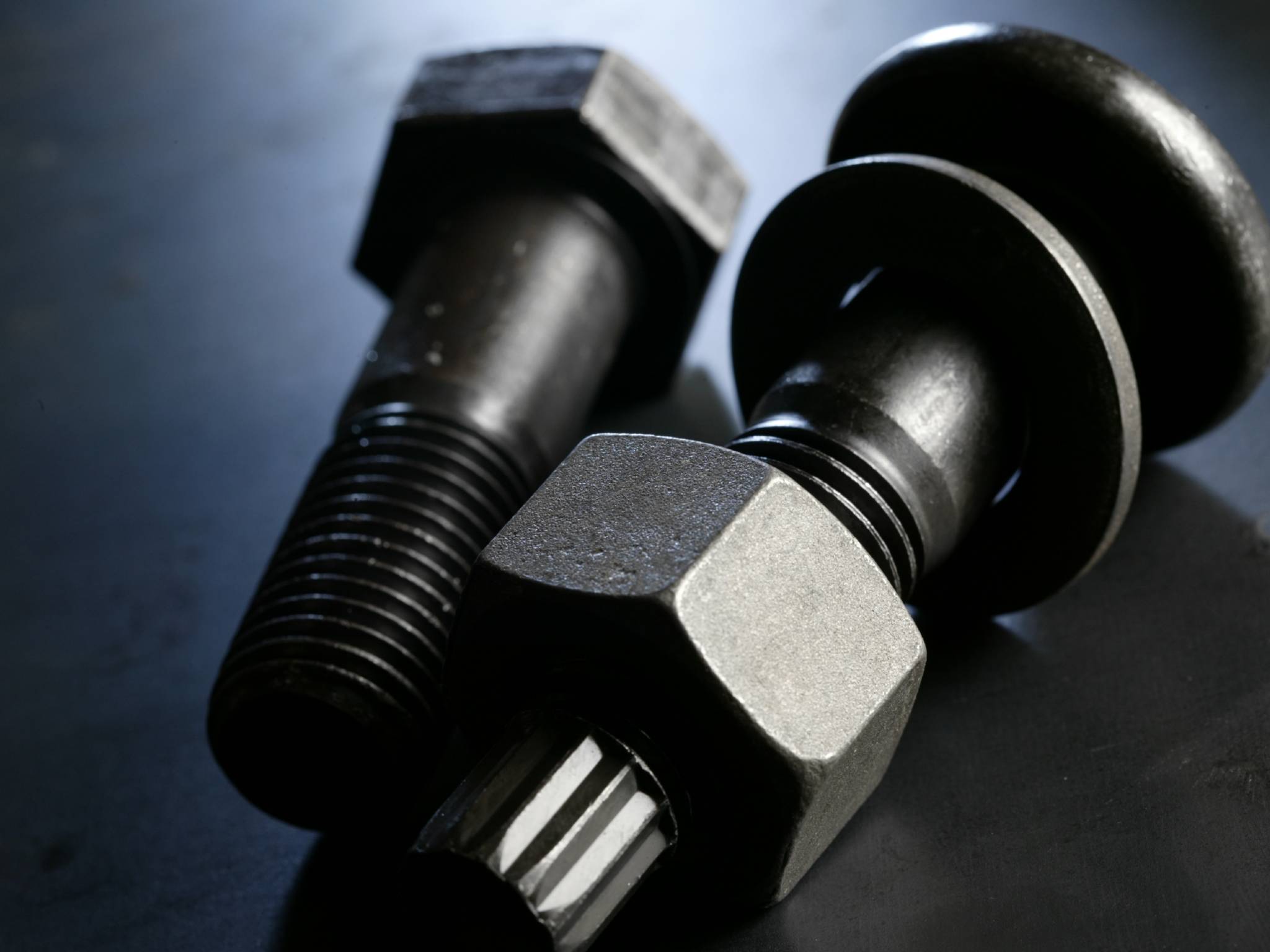
In the world of construction and structural engineering, tension control bolts, commonly referred to as TCBs or shear bolts, play a pivotal role. These specialized bolts are essential for creating robust structural connections, ensuring that assemblies are tightly bound and secure. Proper torque specifications are critical for their effective performance, which makes understanding their unique characteristics and installation process paramount for any operator or engineer involved in construction fasteners.
Understanding Tension Control Bolts
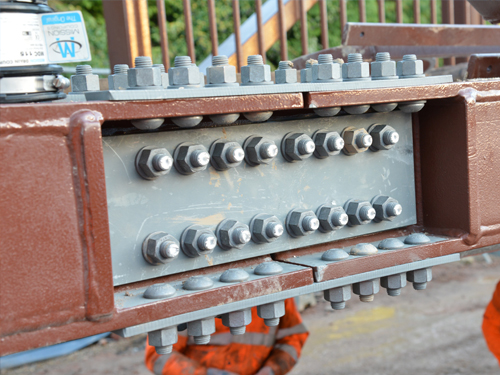
What are Tension Control Bolts?
Tension control bolts are an advanced type of construction fastener designed to achieve precise bolt installation with ease. Unlike traditional bolts, TCBs are specifically engineered with a splined end which is not only a part of the bolt itself but also acts as a visual indicator of proper preload. The design ensures that once the correct amount of tension is applied, the splined end shears off, signaling the operator that the desired torque has been achieved. This self-indicating feature helps maintain structural integrity by ensuring that each bolt is installed with the correct tension.
Self-Indicating Features of TCB Bolts
The self-indicating nature of TCB bolts is a revolutionary feature in the realm of structural connections. Once the bolt is fully assembled with the nut and washer, the application of torque using an appropriate shear wrench causes the exposed spline to shear off at the correct torque. This eliminates the need for additional torque testing, as the visual cue provided by the sheared end confirms that the bolt has been tightened to its specified tension. This not only simplifies the installation process but also enhances the reliability of the bolted assembly.
Difference Between Torque and Tension in TCB Application
In the context of TCB bolts, understanding the distinction between torque and tension is crucial. Torque refers to the rotational force applied to the bolt, while tension is the axial force that holds the components together. In TCB applications, the correct torque ensures that the bolt achieves the necessary tension, which is essential for the strength and durability of the steel structure. Adhering to bolting standards and using calibrated tools are critical steps to ensure that the correct tension is applied, preventing issues such as bolt failure or structural weaknesses.
Torque Specifications for TCBs
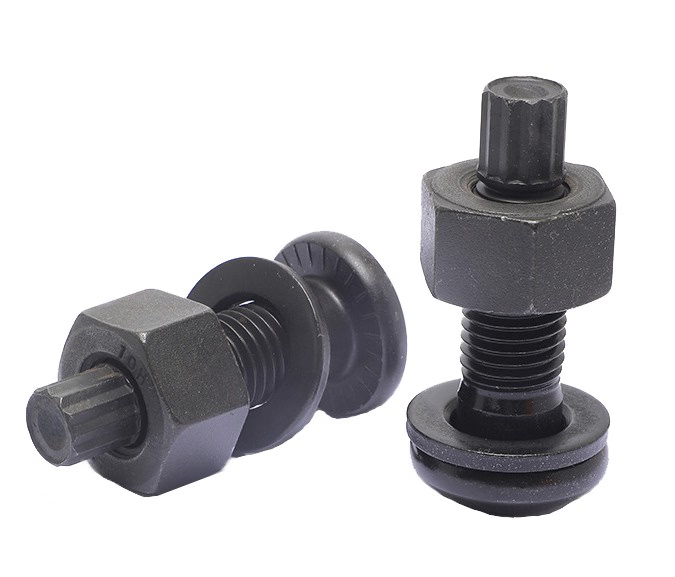
Recommended Torque Specifications
Understanding the recommended torque specifications for tension control bolts is essential for ensuring proper structural connections. The torque applied must achieve the required tension to maintain the strength and integrity of the assembly. Typically, manufacturers provide detailed torque specifications, often outlined in the bolting standards, which guide how much force should be applied. These specifications take into account various factors including the bolt size, type, and the condition of the surface, ensuring that each component is securely fastened.The following are general indicative torque ranges based on bolt diameter:
Factors Affecting Torque Requirements
Several factors can affect the torque requirements for TCB bolts. The condition of the surface where the bolt is installed can significantly impact the amount of torque needed to achieve the correct preload. A clean, smooth surface will generally require less torque compared to a rough, corroded area. Additionally, the size and material of the bolt and nut, as well as the presence of lubricants, play a role in determining the precise torque needed. The operator must also consider environmental conditions such as temperature and humidity, which can affect the installation process and the tool's performance.
Relevant Bolting Standards
Adhering to relevant bolting standards is crucial when working with TCB bolts. Standards such as ASTM F1852 and AISC specifications provide comprehensive guidelines on the proper installation and torque application for these fasteners. These standards ensure that the bolts are installed correctly, providing the necessary strength and durability for the steel structures. Using calibrated tools like shear wrenches, which are specifically designed for TCB applications, helps operators meet these standards and achieve reliable and consistent results in every installation.
Installation of TCBs
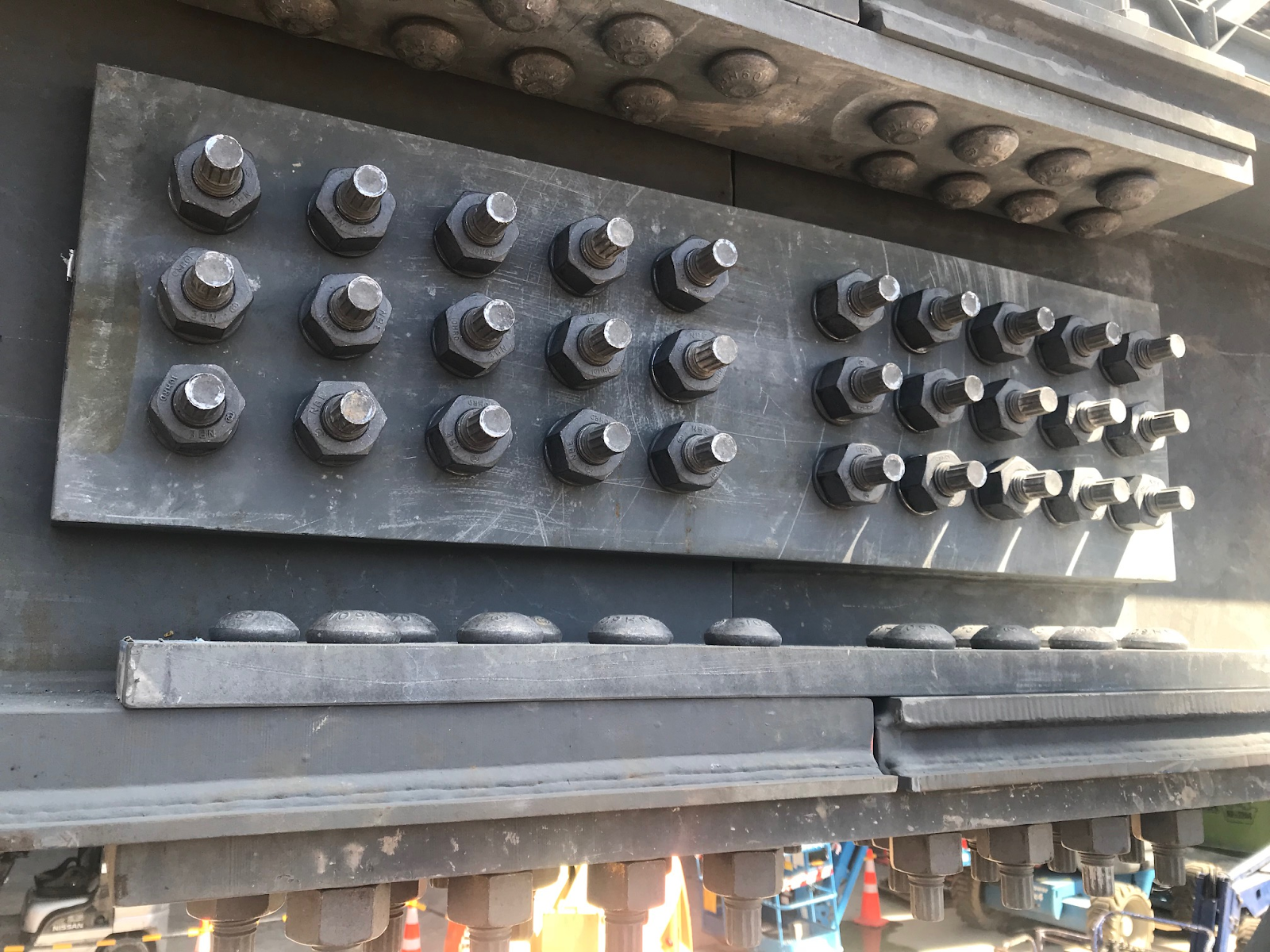
Tools Required for Bolt Installation
The installation of tension control bolts (TCBs) requires specific tools to ensure accuracy and efficiency. A shear wrench is a primary tool in this process, specifically designed to handle TCBs by gripping the spline and applying the necessary torque until the spline shears off. Additionally, high-quality calibrated tools are essential to meet the torque specifications accurately. Operators must also have access to nuts, washers, and other components to ensure that each assembly is fully prepared for installation.
Using a Shear Wrench for Proper Installation
Utilizing a shear wrench is crucial for the proper installation of TCBs. This tool is engineered to interact with the splined end of the bolt, applying the correct amount of torque until the spline shears off, indicating that the desired preload has been achieved. The shear wrench simplifies the installation process by providing a visual cue, eliminating the need for additional testing. Its design ensures that the correct tension is applied, enhancing the structural integrity of the assembly.
Steps for Proper Assembly of TCBs
The proper assembly of tension control bolts involves several critical steps. First, the bolt, nut, and washer must be positioned correctly on the surface, ready for torque application. The shear wrench is then used to apply torque, working with the spline until it shears off. This self-indicating feature confirms that the desired tension is achieved. Operators must ensure that the area is clean and free from debris to allow smooth installation. Following these steps guarantees a secure, reliable connection.
Applications of Tension Control Bolts
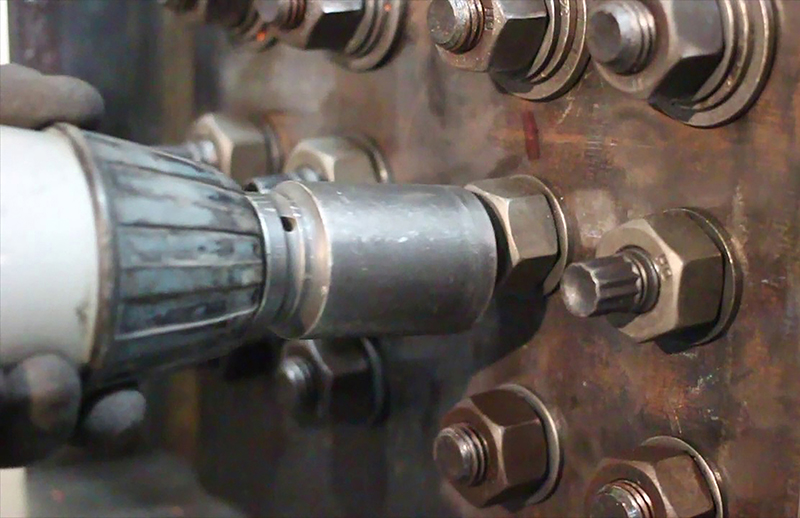
Structural Connections in Construction
Tension control bolts are integral to structural connections in construction, providing the necessary strength and reliability for steel structures. Their design allows for precise tension application, making them ideal for high-stress areas where durability is paramount. The ease of installation and consistent performance makes TCBs a preferred choice for engineers and contractors looking to achieve robust and secure connections in various construction projects.
Benefits of Using TCBs as Construction Fasteners
Using TCBs as construction fasteners offers numerous advantages. Their self-indicating feature simplifies the installation process, reducing the need for additional testing and ensuring that the correct tension is applied. This results in increased efficiency and reliability in structural connections. TCBs are also designed to meet stringent bolting standards, providing peace of mind to operators and engineers that the connections will withstand the demands of the environment and usage conditions.
Calitool's Expertise and Equipment for TCB Installation
Calitool provides exceptional expertise and equipment for the installation of tension control bolts. Their range of tools, including advanced shear wrenches, ensures that every TCB installation meets the required torque specifications and bolting standards. With a focus on precision and reliability, Calitool supports operators with the necessary resources to achieve optimal results in structural connections. Their commitment to quality and customer satisfaction makes them a trusted partner in the field of construction fasteners.
In conclusion, using the correct torque for TCB (tension control bolts) is crucial in the assembly and installation process to achieve the desired preload and ensure the strength of the fastening. Operators must calibrate their tools accurately and refer to the manufacturer's specifications to determine the appropriate torque value required for each type of bolt and application. This ensures that the components are fully assembled and secure, preventing any issues related to shear or loosening during operation.
FAQs
1. What are TCB tension control bolts?
TCB tension control bolts are specialized fasteners designed to achieve a specific preload during installation, ensuring that the assembly remains secure under load.
2. How much torque is required for TCB tension control bolts?
The torque required for TCB tension control bolts varies based on the specific type and size of the bolt, as well as the material of the steel components being fastened. Always refer to the manufacturer's guidelines for exact values.
3. Why is torque important in bolt installation?
Correct torque is essential to achieve the right preload, which helps maintain the integrity of the connection and prevents fastener failure due to shear or loosening.
4. How can I ensure proper torque application?
To ensure proper torque application, use a calibrated tool, adhere to the specified torque values, and conduct a visual test after installation to confirm that all components are secure.
5. What tools are needed for TCB installation?
Tools typically required for TCB installation include torque wrenches, spline sockets, and washers, which help to ensure a proper fit and distribution of force during fastening.
%201.png)

